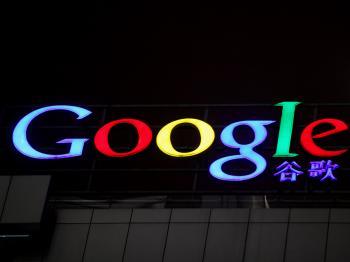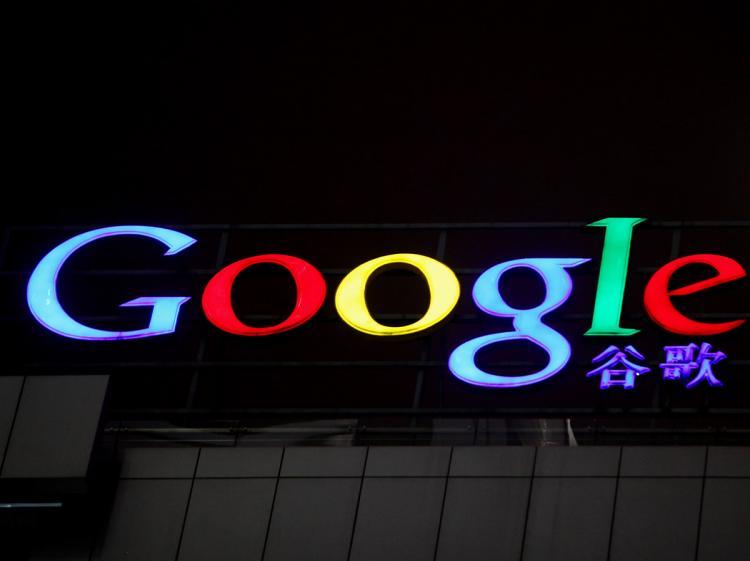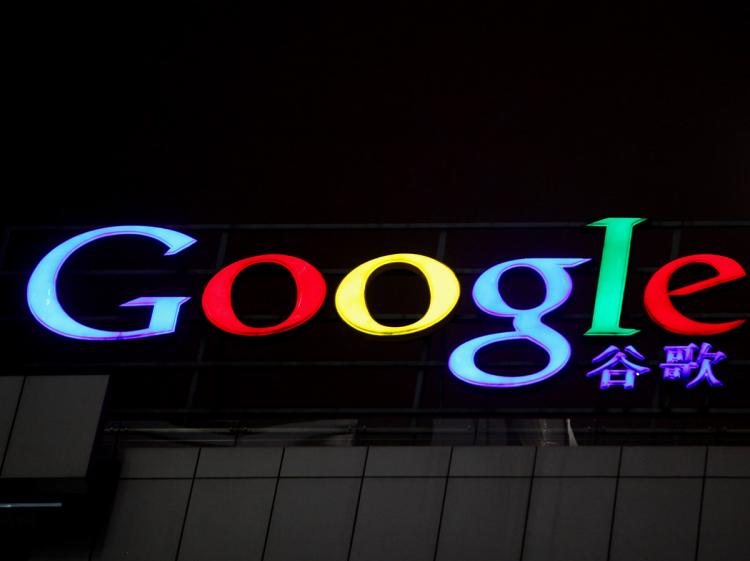BRUSSELS—While the Chinese regime attempts to play down the Google incident, prominent people of the European Union have praised the company’s decision to lift censorship. From a broader perspective, the company’s withdrawal is interpreted as the decline of the regime’s power to control.
The regime’s efforts to control people in China and abroad, by filtering information, installing a “Great Firewall”, and hacking into e-mail accounts, have backfired. Ironically, it is the sensitive topics they painstakingly sought to censor, which are now extensively reported on by foreign media while politicians have openly expressed their support.
“I think that any politician in the world was looking at what Google has done, and take the lesson that Google cannot operate China in the way that it wants to because of the censorship,” Mr. Edward McMillan-Scott, vice president of the European Parliament, was reported as saying by NTD.
Google users in mainland China are now re-directed to the uncensored version of Google in Hong Kong. The NY Times reports that the search terms “Falun Gong,” ”Tiananmen,” and “corruption” increased more than tenfold since. Most Web sites on those topics, however, remain blocked.
Influential Chinese bloggers say that Google’s withdrawal marks the division between the global Internet and the “Chinternet,” with the great firewall as the divider. The demand for censorship circumvention tools, such as UltraReach, is expected to increase.
Chairwoman of the Committee on Culture and Education, Doris Pack, thinks that more people in China now at the very least have become aware that there exist censors.
“So that’s the problem: that most people do not know that there’s censorship, they cannot go wherever they want or to get all facts they want,” Pack told NTD. She added, “I think it shows perhaps more and more that nothing can be done against the population if the population is aware of it. And that is the problem and I hope that Google is waking up some people.”
China’s Foreign Ministry spokesperson Qin Gang, attempted to downplay the decision calling it an “individual act by a commercial enterprise.” The Chinese State Council Information Office has reportedly ordered the eradication of all pro-Google comments from forums and blogs within China.
Currently, there are several Western Internet companies, such as Microsoft, Yahoo, and Cisco that still cooperate with China’s media censorship. Google’s withdrawal is seen as a breakthrough and has increased pressure on other Western companies to likewise put an end to censorship and respect media freedom.
“It’s very good news that Google has finally realized that its compromise with the undemocratic and tyrannical regime of Beijing had to come to an end, and to restore freedom of expression and freedom of contact between the Chinese people and outsiders,“ stated Mr. Willy Fautré, director of Human Rights Without Frontiers International. “This move should be encouraged and supported.”
He added, “And also the case of Eutelsat, for example, should be raised again, so that Eutelsat makes the same move and stops censoring a number of TV programs that were beamed in the past to China. Those sort of programs should be resumed as soon as possible to inform the Chinese about the support that they can rely upon outside their country.”
The regime’s efforts to control people in China and abroad, by filtering information, installing a “Great Firewall”, and hacking into e-mail accounts, have backfired. Ironically, it is the sensitive topics they painstakingly sought to censor, which are now extensively reported on by foreign media while politicians have openly expressed their support.
“I think that any politician in the world was looking at what Google has done, and take the lesson that Google cannot operate China in the way that it wants to because of the censorship,” Mr. Edward McMillan-Scott, vice president of the European Parliament, was reported as saying by NTD.
Google users in mainland China are now re-directed to the uncensored version of Google in Hong Kong. The NY Times reports that the search terms “Falun Gong,” ”Tiananmen,” and “corruption” increased more than tenfold since. Most Web sites on those topics, however, remain blocked.
Influential Chinese bloggers say that Google’s withdrawal marks the division between the global Internet and the “Chinternet,” with the great firewall as the divider. The demand for censorship circumvention tools, such as UltraReach, is expected to increase.
Chairwoman of the Committee on Culture and Education, Doris Pack, thinks that more people in China now at the very least have become aware that there exist censors.
“So that’s the problem: that most people do not know that there’s censorship, they cannot go wherever they want or to get all facts they want,” Pack told NTD. She added, “I think it shows perhaps more and more that nothing can be done against the population if the population is aware of it. And that is the problem and I hope that Google is waking up some people.”
China’s Foreign Ministry spokesperson Qin Gang, attempted to downplay the decision calling it an “individual act by a commercial enterprise.” The Chinese State Council Information Office has reportedly ordered the eradication of all pro-Google comments from forums and blogs within China.
Currently, there are several Western Internet companies, such as Microsoft, Yahoo, and Cisco that still cooperate with China’s media censorship. Google’s withdrawal is seen as a breakthrough and has increased pressure on other Western companies to likewise put an end to censorship and respect media freedom.
“It’s very good news that Google has finally realized that its compromise with the undemocratic and tyrannical regime of Beijing had to come to an end, and to restore freedom of expression and freedom of contact between the Chinese people and outsiders,“ stated Mr. Willy Fautré, director of Human Rights Without Frontiers International. “This move should be encouraged and supported.”
He added, “And also the case of Eutelsat, for example, should be raised again, so that Eutelsat makes the same move and stops censoring a number of TV programs that were beamed in the past to China. Those sort of programs should be resumed as soon as possible to inform the Chinese about the support that they can rely upon outside their country.”



